
01 December 2025
Australian Alumni Gala Dinner Celebrates Outstanding Alumni Contributions
The Australian Alumni Gala Dinner on 20 November 2025 in Jakarta brought together hundreds of Indone... Read more
The Australia Awards are prestigious, transformational scholarships and short courses offered to emerging leaders for study, research and professional development in Australia
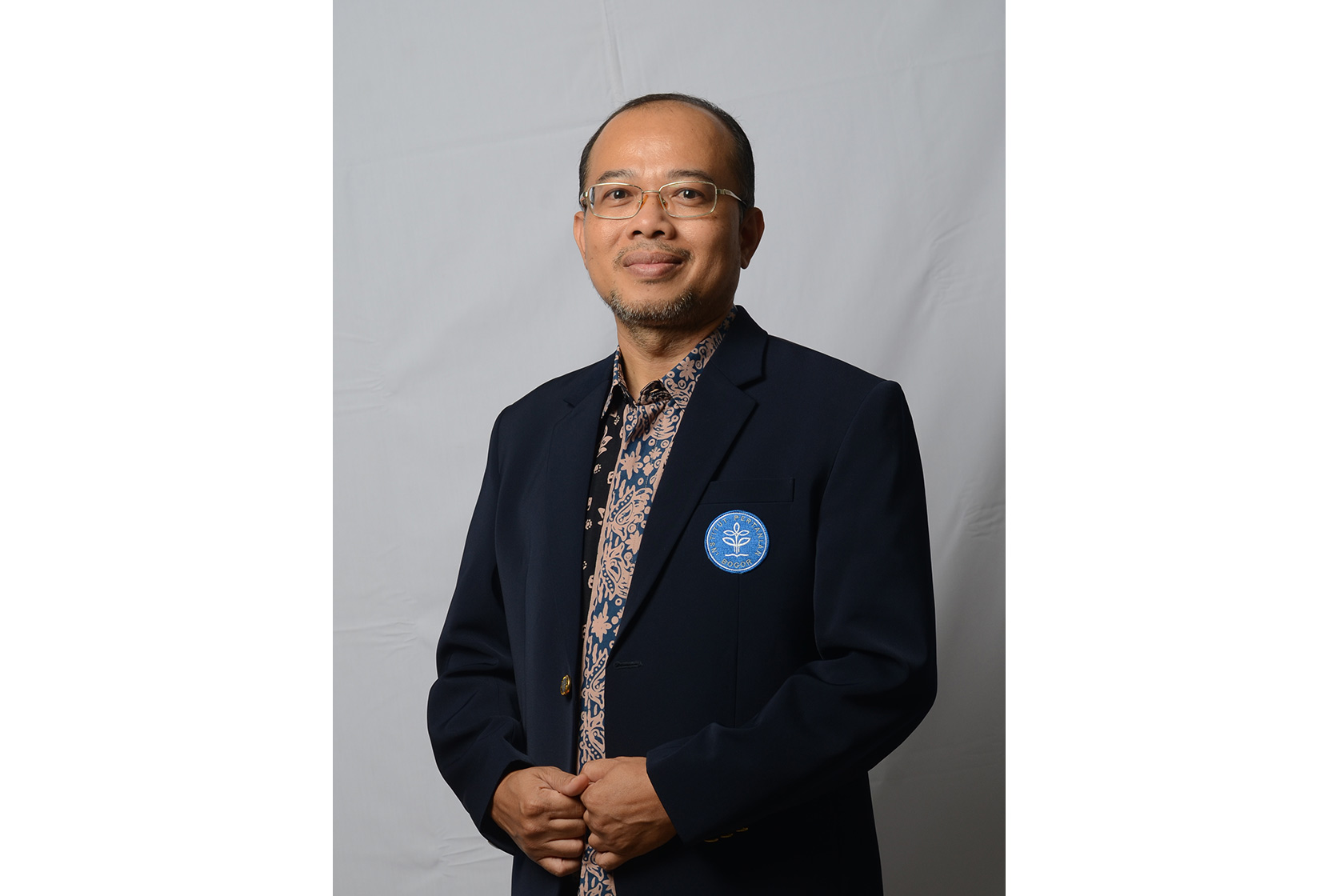
02 October 2025
 Eko Hari Purnomo Pursues New Technologies to Enhance Food Security and Tackle Food Loss and Food Waste
Eko Hari Purnomo Pursues New Technologies to Enhance Food Security and Tackle Food Loss and Food Waste
Indonesia relies on imports of staples like rice, wheat, sugar and beef to meet the basic food needs of its over 200 million population. Yet millions of tonnes of locally-grown food are wasted before it reaches a plate. Australia Award alumnus Eko Hari Purnomo is on a mission to close this gap through science.
As a food technology expert, Eko has observed that food loss and waste in Indonesia have reached alarming levels. If left unaddressed, they threaten the nation’s food security.
‘The challenge isn’t just about producing enough food but also ensuring that the food we already produce doesn’t get lost or wasted,’ said Eko, who heads the Department of Food Science and Technology at Institut Pertanian Bogor (IPB) in Bogor, West Java.
‘While we strive to increase yields, we’re simultaneously losing food during production or wasting food at the consumption stage.’
Food loss is caused by a range of factors, such as failed harvests, produce rot or spoilage due to poor storage and transportation delays, and pest infestations. Meanwhile, food waste takes place at the consumer level: when restaurants discard unsold meals, households toss leftovers, or supermarkets throw out near-expiry goods.
A 2021 study conducted by the National Development Planning Agency (Badan Perencanaan Pembangunan Nasional or Bappenas), the World Resources Institute (WRI) and Waste4Change revealed that food loss and waste in Indonesia had reached up to 184 kg per capita per year between 2000 and 2019. This was enough food to feed up to 125 million people, or up to 47% of Indonesia’s total population, according to the study.
Working to Innovate Food Resources
The staggering scale of waste underscores the urgency of innovation in food systems. Over the course of his 26‑year career, Eko has focused on narrowing the gap between production and consumption.
Drawing on his food technology expertise, he helps the local food industry to produce safe, nutritious and long-lasting food products by optimising the entire chain from processing to packaging and distribution.
‘Food should taste good, look appetising and meet nutritional needs. Yet industrial food processing raises complex safety and health concerns. It’s not just about production but also about how food components interact with the human body, how food should be packaged, and which packaging materials are appropriate.’
Eko also researches food substitution to promote dietary diversity, such as seeking alternatives to rice from cassava and maize, two long‑used local staples.
Deepening Food Science Expertise in Australia
In 2003, an Australia Awards Scholarship took Eko to the University of New South Wales to pursue a Masters of Food Engineering. He studied advanced food processing and preservation techniques that solidified his expertise.
Apart from gaining an academic footing, Eko also had the chance to intern at a burger restaurant near Sydney, where he gained marketing skills.
‘When I did my internship, healthy eating was trending in Australia. The restaurant had low‑fat burgers on its menu. Instead of saying ‘serving low‑fat burgers,’ the restaurant ran a catchy ad that said, ‘Our burger is 97% fat‑free,’ which proved effective for customers,’ said Eko.
A few years later, the marketing lessons from his internship helped him promote various workshops when he led IPB’s International Collaboration Office.
‘One time I had to promote a tempeh‑making course. If we had simply called it a ‘tempeh‑making course,’ only a few people would understand tempeh. So we described tempeh as ‘an indigenous Indonesian fermented food,’ which gave the promotion a clear selling point,’ he recalled.
He also praised the Australia Awards’ pre‑departure training, especially the English classes, which had a profound impact on his career. The lessons helped him improve his English from a basic to an advanced level. This proved valuable during his stint at the International Collaboration Office, where he had to approach international partners.
‘I greatly valued the pre-departure training provided by Australia Awards. The sessions were well organised and helped me adapt to academic life in Australia,’ he remarked.
The Ever-Evolving Food Industry
When asked about what drew him to food technology, Eko liked to quote a joke popular among his students: ‘As long as humans can’t photosynthesise, we’ll always need food’.
‘Although it’s a joke, it highlights the truth that the food industry will never cease. It will continue to grow. This was evident during the pandemic when many other industries struggled, but the food industry thrived,’ said Eko.
Eko, who earned his bachelor’s degree in food technology and human nutrition from IPB in 1998, added that he was fascinated with the field of food technology because food was dynamic and constantly evolving.
‘Eating is no longer just about filling our stomachs as it was in the past,’ he said. ‘It is also about pleasure, pride and health. Today, food and health are closely linked. For example, we now focus on producing foods that meet the dietary needs of people with certain illnesses.’
Reducing Food Loss and Food Waste Through Physics
In 2003, Eko went to the Netherlands to pursue a PhD in the Physics of Complex Fluids at the University of Twente. He graduated in 2008 and began his teaching career at IPB.
Physics has a wide range of applications in food technology, from determining texture in foods and beverages, such as the chewiness of sausages or the thickness of a drink, to ensuring that the heat used in sterilisation is sufficient to inactivate harmful microorganisms.
Using physics, Eko’s research focuses on using non‑thermal technologies to preserve food as an alternative to thermal processing, a common method for extending shelf life, which can adversely affect quality. In particular, he is researching the use of pulsed high-voltage electric fields to inactivate harmful microbes in fresh food without compromising its nutritional value, texture, or appearance.
‘When we use thermal methods to preserve food, we don’t just kill microbes; we also damage product quality. Thermal processing often reduces the food’s appearance and nutrition,’ he said.
Innovation in food preservation is critical given that food safety remains a major issue in Indonesia. Eko noted the reported widespread use of formaldehyde to preserve foods such as noodles and meatballs, and frequent outbreaks of mass food poisoning.
‘It is clear that food safety remains challenging in Indonesia,’ Eko said, adding that he hoped to scale up his research on pulsed electric field methods to commercial use.
‘I will continue to find ways for food technology to contribute to food security by reducing food loss, damage and waste. We need to ensure the food we already produce doesn’t get lost during post‑production.’
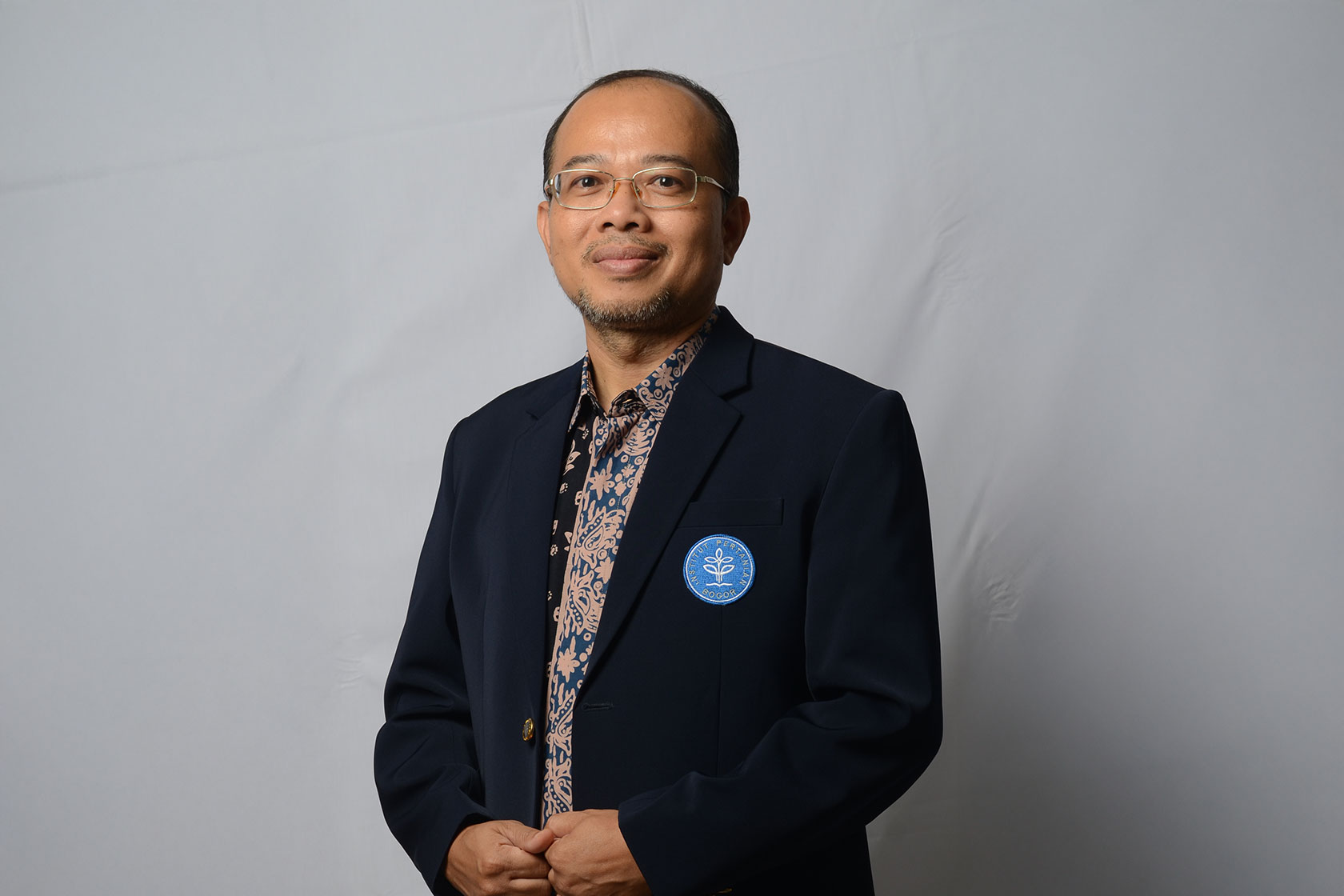
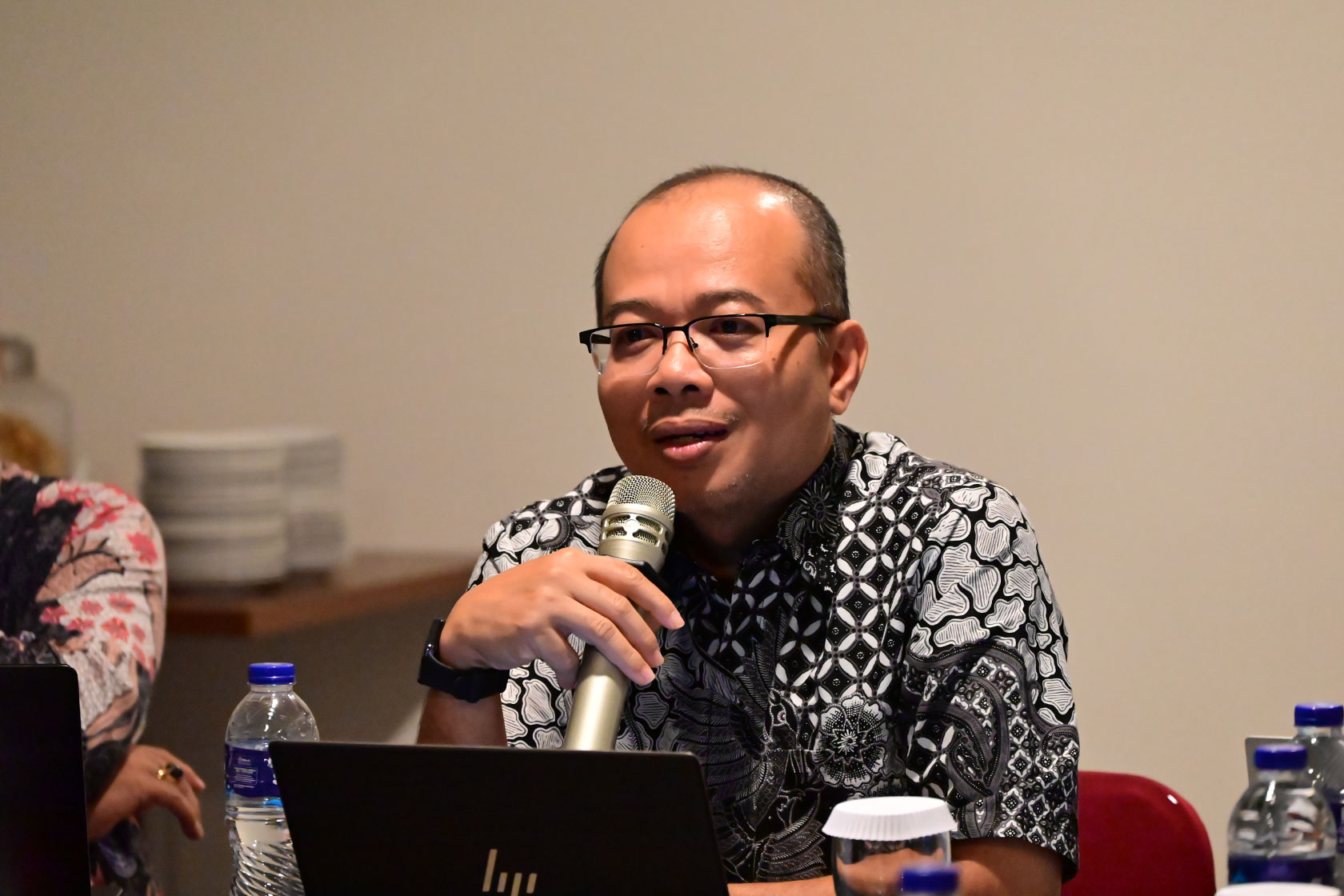
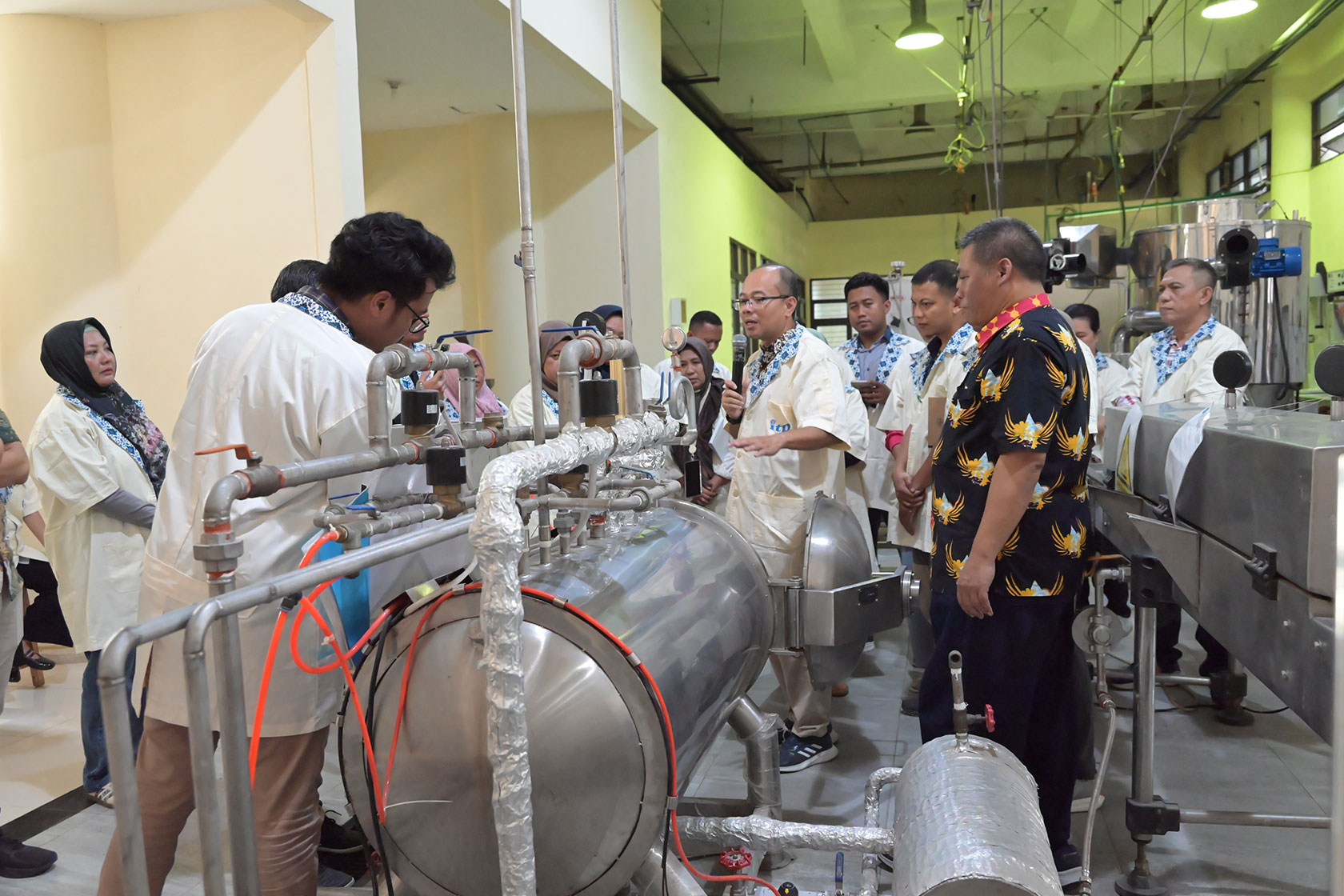
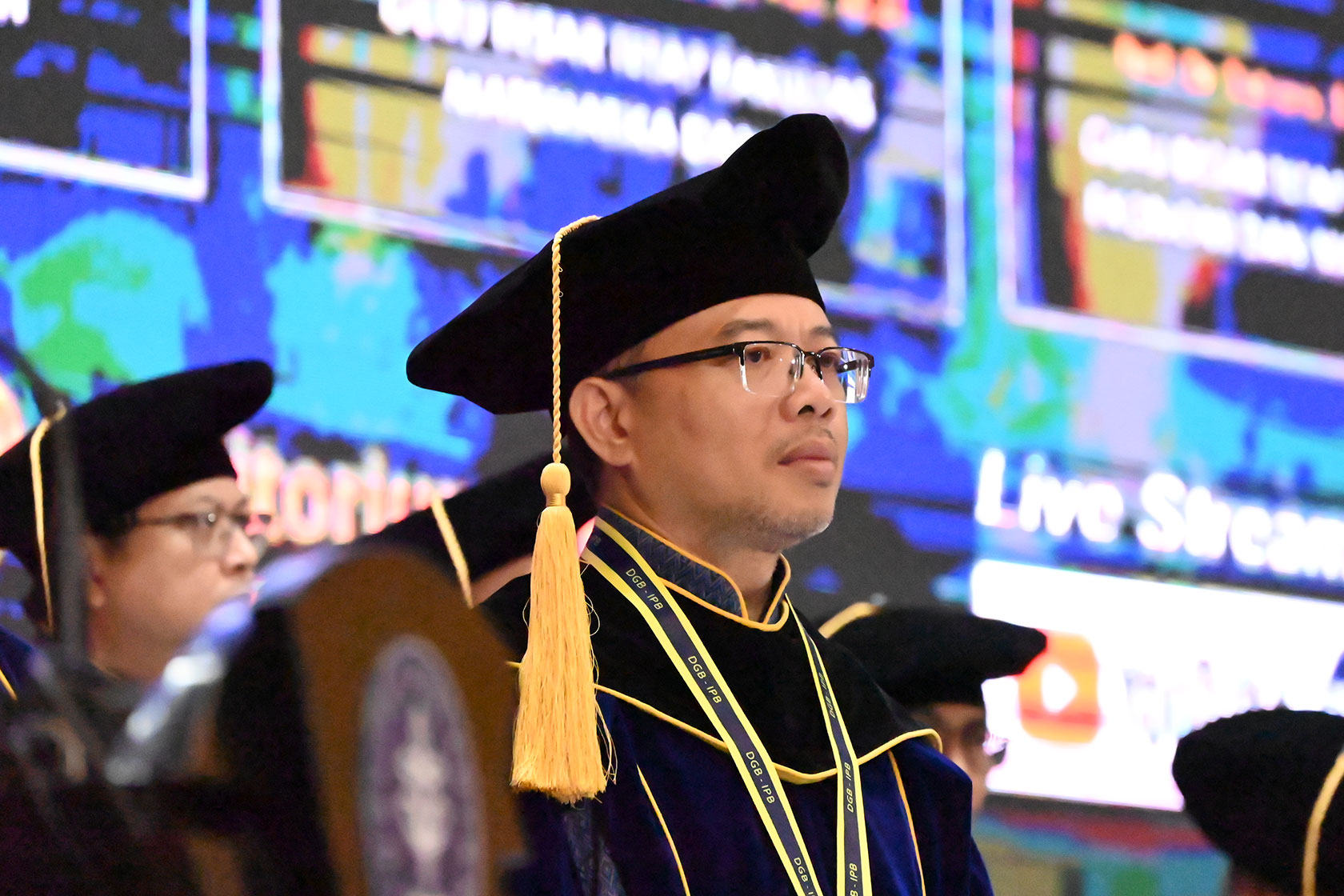
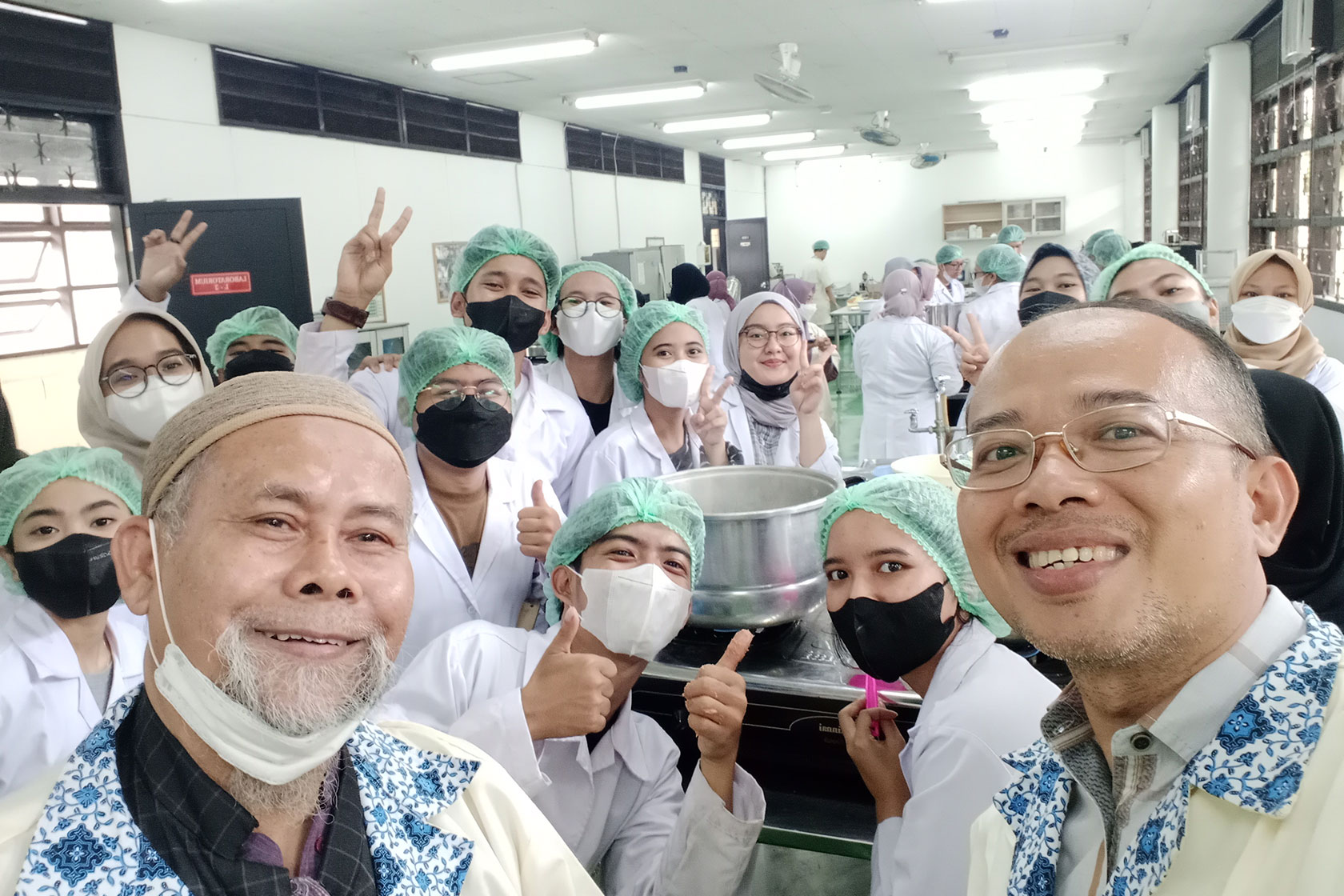
Share this news on:
 Related News
Related NewsThis website uses cookies to improve your website experience. We may also use cookies to analyse website data so that we can improve our online services. To find out more visit our privacy policy.
